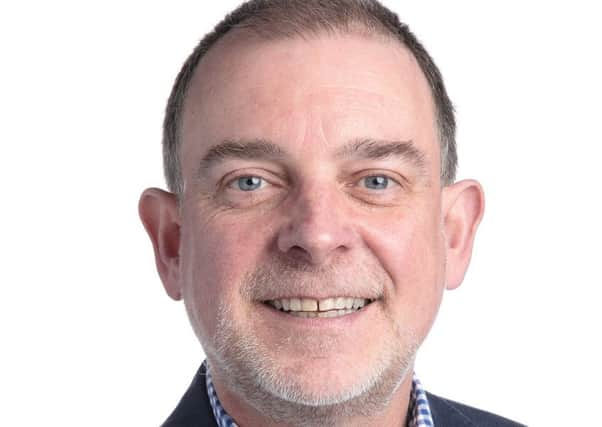40% brain injury referrals from west


The initial evaluation report of the Family First Project, spearheaded by Northern Ireland’s leading brain injury charity, ‘Brain Injury Matters,’ received almost double the referral target for the first three years of the project.
The Family First Project was launched in 2015, and involves skilled Family First practitioners working extensively with parents, children and siblings in the family home and local community to provide an individualised service.
Advertisement
Hide AdAdvertisement
Hide AdThis ensures that families are equipped to take steps towards a positive future, enabling the entire family to better manage the impact of acquired brain injury on daily life and helping them to reach their full potential.
Of the referrals received, 42 per cent were self-referrals, highlighting that families are seeking help and support, given the significant gap in community services for children with acquired brain injury.
The three years evaluation report was authored by Dr. Chris McCusker, Senior Lecturer in Clinical Psychology at University College Cork. It shows that 57 families have been referred to the Family First Project in the first three years of its operation – almost double the 30 families target, with the greatest number of referrals (40 per cent) coming from the Western Health and Social Care Trust.
Dr. McCusker said: “There is a growing body of research which highlights that outcomes for children with any chronic illness or disability, including brain injury, are determined as much by the resilience and coping of families as by the severity of injury or even treatments.
Advertisement
Hide AdAdvertisement
Hide Ad“Bolstering family resilience has resulted in improvements in understanding, coping, family relationships, well-being and quality of life for families, siblings and, most importantly, the child now making their way in the world with an acquired brain injury.”